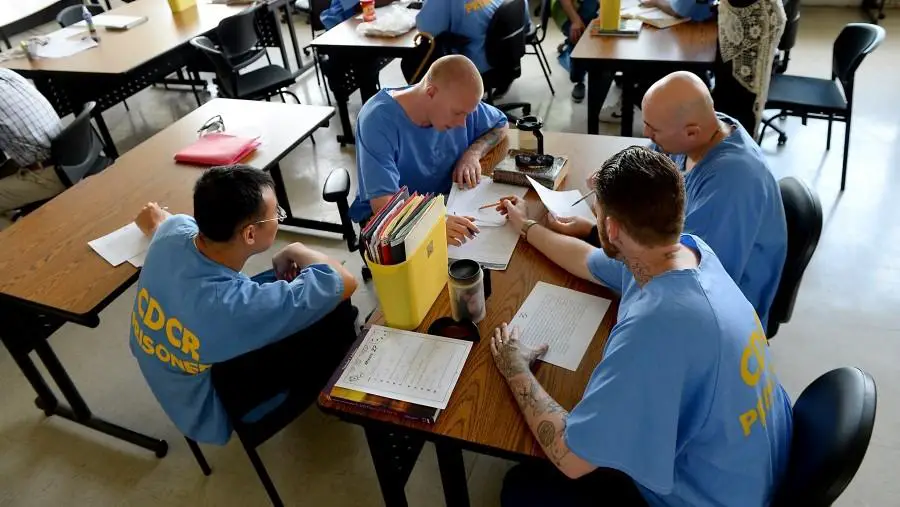A new report by a Washington-based think-tank has emphasized the importance of a postsecondary degree or certificates for incarcerated men when it comes to reducing the gap in skills.
Last week, non-profit New America released its “Equipping Individuals for Life Beyond Bars” research, which showed a significant gap in literacy and numeracy skills between incarcerated adults and the general public.
People serving their prison time are more likely to score higher in both literacy and numeracy proficiency skill levels if they have completed a postsecondary degree or certificate.
About 94 percent of men in prison across the country would be ultimately released, with nearly 57 percent of them set to be released within the next two years. They will be looking for work in the competitive job market.
“I am a former inmate with the state system. Man, I wish they had this [college-in-prison program] back in ‘93. They just threw us out there and made us fend for ourselves. But this is good they have this now. I managed to make it, but this would have been helpful to get my degree while I was in,” a former inmate said.
The report found that inmates who participate in job training while incarcerated are more likely to score 12 points higher in literacy and 18 points higher in proficiency skills than those who don’t participate in such trainings.
It also found no direct bearing of the time incarcerated individuals have left to serve and whether they are interested in postsecondary education and job training programs. Researchers cautioned the policymakers to be careful about potentially limiting access to Pell Grants for individuals within a specific window of time to reentry.
“I have a fear that if Pell is made permanent, they will try to implement limits. That is not good. Regardless of the crime committed or the time you have, you should be able to take college classes,” a currently incarcerated student was quoted in the report.
The researchers recommended policymakers to make quality postsecondary education and job training opportunities available for inmates; reinstallation of Pell Grants to incarcerated populations and increase in the choice of educational providers to incarcerated populations.

